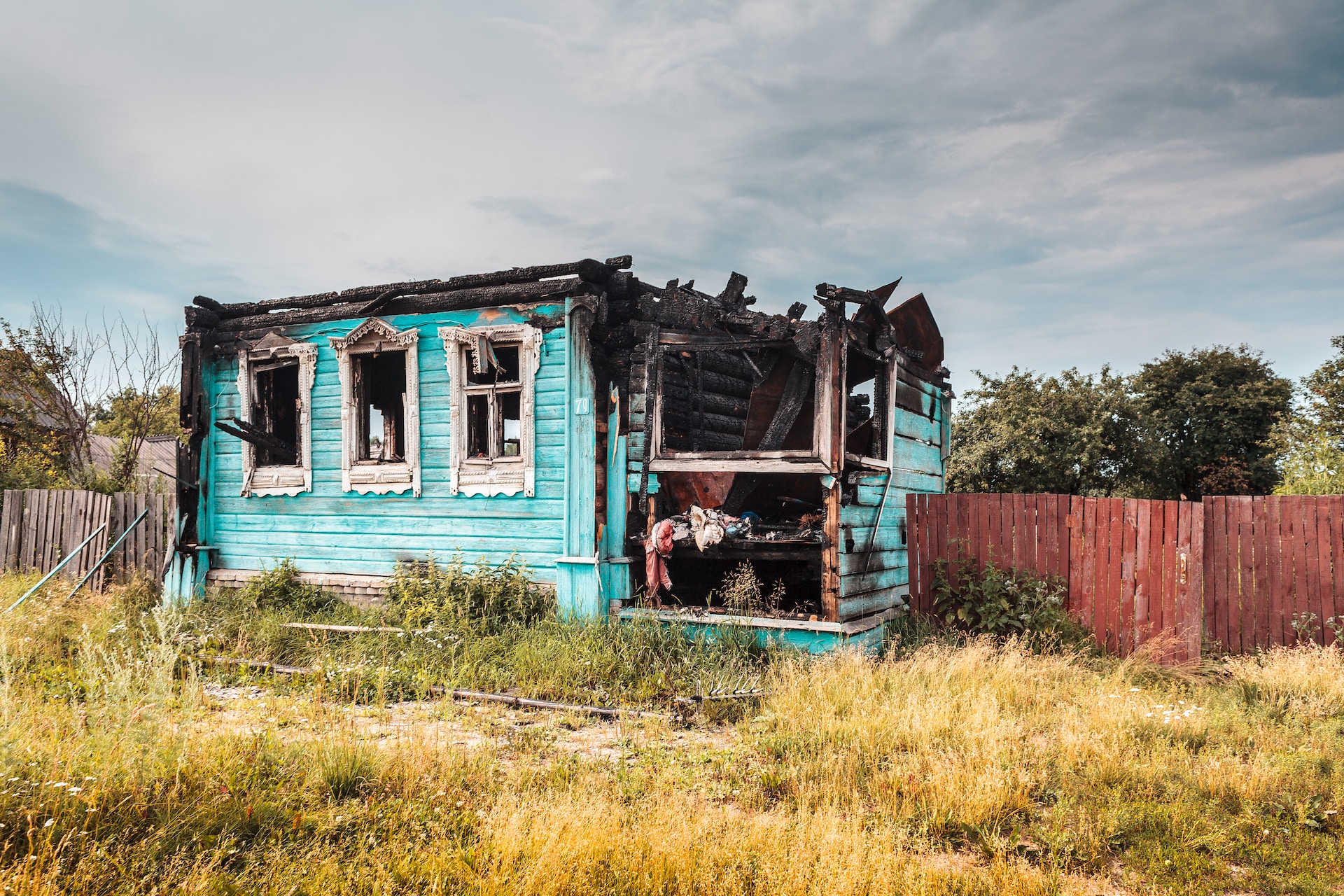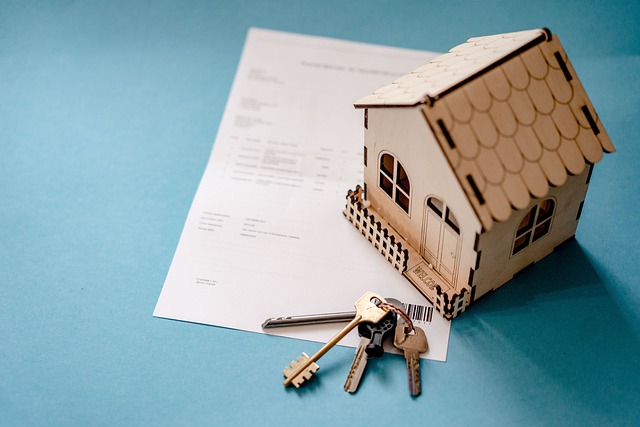
Selling a house can be challenging enough on its own, but when it comes to selling a fire-damaged property, the struggles can feel insurmountable. Fire damage not only takes a toll on the structural integrity of a home, but it also raises concerns for potential buyers about safety and future repairs. Some homeowners say, “I am having a hard time to sell my fire damaged house”. If you keep on reading, you can learn the right way to sell it. Here, we will explore the various hurdles sellers face when selling a fire-damaged house and provide helpful tips and strategies for overcoming them. So, if you’re ready to turn obstacles into opportunities, let’s dive in.
Disclosing the Fire Damage
Disclosing the extent of fire damage is a critical step in selling a fire-damaged house. Honesty and transparency are key when it comes to informing potential buyers about the property’s condition. While it may be tempting to downplay or hide the damage, doing so can lead to legal consequences and tarnish your reputation as a seller. Start by gathering all relevant information about the fire incident, including any reports from firefighters or insurance claims. This will help you provide accurate details to interested buyers. Be prepared to answer questions about which areas were affected, how extensive the damage was, and what repairs have been made so far.
Evaluating and Pricing the Property
Evaluating and pricing a fire-damaged property can be a complex task. The extent of the damage, the cost of repairs, and the overall condition of the house all need to be taken into consideration. One important factor to consider is whether or not insurance will cover any of the costs associated with repairing the fire damage. This information can greatly impact your evaluation and pricing strategy. Another key aspect to evaluate is how much it will actually cost to restore the property to a livable condition. This includes not only cosmetic repairs but also addressing any structural issues that the fire may have caused.

Securing Financing for Buyers
When it comes to selling a fire-damaged house, one of the biggest challenges is finding buyers who are willing and able to secure financing. Many traditional lenders hesitate to provide loans for properties with extensive fire damage as they may see them as too risky. However, there are still options available for buyers interested in purchasing a fire-damaged house. One possibility is working with specialized lenders who focus on providing financing for unique properties. These lenders may be more open to offering loans based on the potential value of the property once repairs have been made. Another option is exploring alternative forms of financing, such as hard money loans or private investors. These types of funding sources often consider factors beyond just the property’s condition when making lending decisions.
Marketing the Property Effectively
When it comes to selling a fire-damaged house, effective marketing is essential. You want to attract potential buyers and make them see the property’s potential beyond its damaged state. Here are some strategies for marketing your fire-damaged house effectively. Highlight any repairs or renovations that have already been done. This shows buyers that progress has been made in restoring the property and gives them confidence in its future potential. Showcase before-and-after photos to demonstrate how far the property has come.
Selling a fire-damaged house comes with its own set of challenges, but by proactively addressing them head-on, you can increase your chances of success. Remember to disclose everything about the fire damage upfront, evaluate and price your home fairly, make sure financing options are available for prospective buyers, and market effectively using various channels. With perseverance and an effective strategy in place, you’ll soon find someone who sees beyond the scars left by flames and recognizes the true potential that lies within your fire-damaged house.
